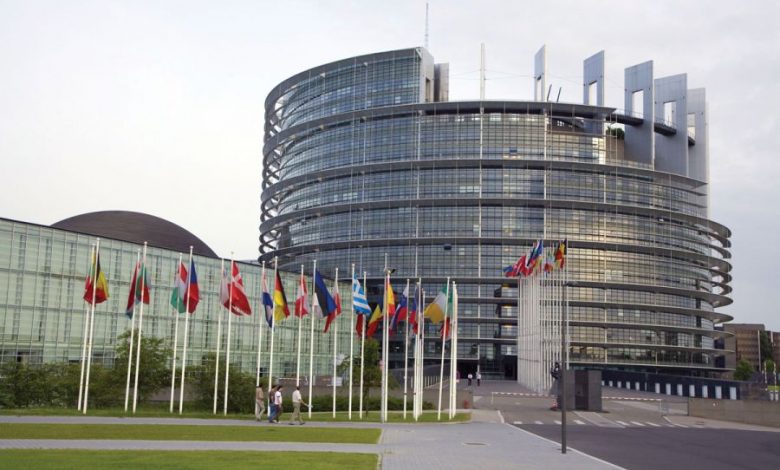European Parliament

The European Parliament is an advisory and legislative body of the EU, composed of representatives of member states elected by direct vote in these countries.
- Functions. Carries out functions of consultations and control; approves the budget and concludes interstate agreements; approves or amends the adopted legal acts and the EU budget.
- Powers in the field of control. The Commission is accountable to Parliament. Parliament can take sanctions against the Commission, for example, make a vote of no confidence and force it to resign. For example, this situation happened in 1999, when the investigation published a report on abuse of power of some members of the European Commission, Jacques Santer. This led to the collective resignation and the appointment of a new Commission under the leadership of Romano Prodi.
Parliament has a leading role in the appointment of the chairman and members of the Commission. Parliament oversees the activities of the Council by reviewing the programs and reports of the Member State presiding over the Council.
- Legislative powers. The Rome Treaty of 1957 assigned Parliament an exclusively advisory role. Over time, his authority was greatly expanded. The current legislative process in the EU provides for the participation of the European Parliament in the legislative process through the mandatory procedures for the interaction of the Commission and the Council with the Parliament. There are three main procedures: consultation, joint decision-making, expression of consent.
- Powers in the field of budget. The budget adoption procedure, which provides for two readings in Parliament, allows it to amend the draft developed by the Council. In exceptional cases, Parliament, if its opinion has not been taken into account, may reject the budget as a whole. He gives an opinion on the activities of the Commission related to budget execution (based on the findings of the Chamber of Auditors).
- Composition. After admission to the Union of new member countries, it has 732 deputies. The number of representatives elected in each Member State shall correspond to the number of votes of each country in EU bodies.
Since 1979, parliament has been elected by direct vote. The term of office of deputies is five years. The last election took place in June 2004.
- Place and time of the sessions. Monthly plenary sessions are held in Strasbourg, additional sessions and commission meetings in Brussels. The General Secretariat operates in Luxembourg.
- Organizational structure. Both European parties and parliamentary factions, representing the political alliances of smaller parties, are represented in the European Parliament. In the political spectrum of the European Union, two wings stand out: “Right” – Christian Democratic parties, conservatives, liberals and nationalists and “Left” – socialists, united left and “green”. Following the results of the June 2004 elections, the European People’s Party received the most seats in parliament. In second place is the Party of European Socialists, in third is the Alliance of Liberals and Democrats for Europe, in fourth is the “green” faction of the European Free Alliance. A total of 7 major political factions are dominated by the center-right.
The activities of the Parliament are carried out under the leadership of the Bureau, consisting of the chairman and 14 vice-chairmen, elected for two and a half years. The agendas of the sessions are determined by the Conference of Chairs. In addition to plenary meetings, deputies work in 20 commissions, which are in charge of certain areas of EU activity. Inter-parliamentary delegations maintain links with national parliaments around the world.
This post is also available in:
 English
English  Русский (Russian)
Русский (Russian)
